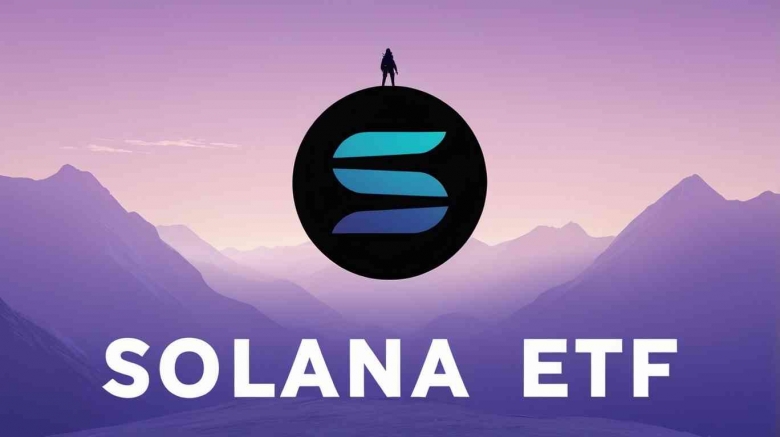21Shares has submitted a filing to the SEC for its "21Shares Core Solana ETF," following VanEck's recent application for a Solana (SOL) Trust. This marks the second spot Solana ETF application during a time when cryptocurrency regulatory discussions are gaining momentum on Wall Street. Both 21Shares and VanEck have notably excluded crypto staking from their ETF bids, a trend seen across several crypto-backed ETFs recently.

Solana (SOL) has emerged as a focal point in the current cycle of cryptocurrency ETFs, joining the ranks of Bitcoin (BTC) and Ethereum (ETH). With successful Bitcoin ETF approvals and Ethereum ETFs on the horizon, SOL is being considered for an exchange-traded fund to attract institutional investments. However, industry leaders, such as Wintermute CEO Evgeny Gaevoy, caution that launching spot SOL ETFs may not be feasible until at least next year. Gaevoy also noted that the limited inflows into spot ETH ETFs could deter investor interest in additional crypto investment products.
A key aspect of spot SOL ETF filings is the classification of Solana's native token as a commodity rather than a security. This classification strategy aligns with the approach taken by potential spot Ethereum ETF issuers. On June 27, VanEck's head of digital assets research, Matthew Sigel, asserted that SOL operates similarly to digital commodities like Bitcoin and Ether, functioning as a transaction fee mechanism and payment currency for blockchain services. Sigel emphasized that the SOL network's decentralized nature, with no single controlling entity, supports its classification as a commodity. He further highlighted the broad range of applications within the SOL ecosystem, from decentralized finance (DeFi) to NFTs, which underscores SOL's utility and value as a digital commodity.
As the cryptocurrency market evolves, the interest in spot Solana ETFs represents a growing recognition of SOL's potential among institutional investors. If approved, these ETFs could provide a new avenue for investment, further integrating digital assets into mainstream financial markets. However, regulatory hurdles and market conditions will play crucial roles in determining the timing and success of these financial products.

